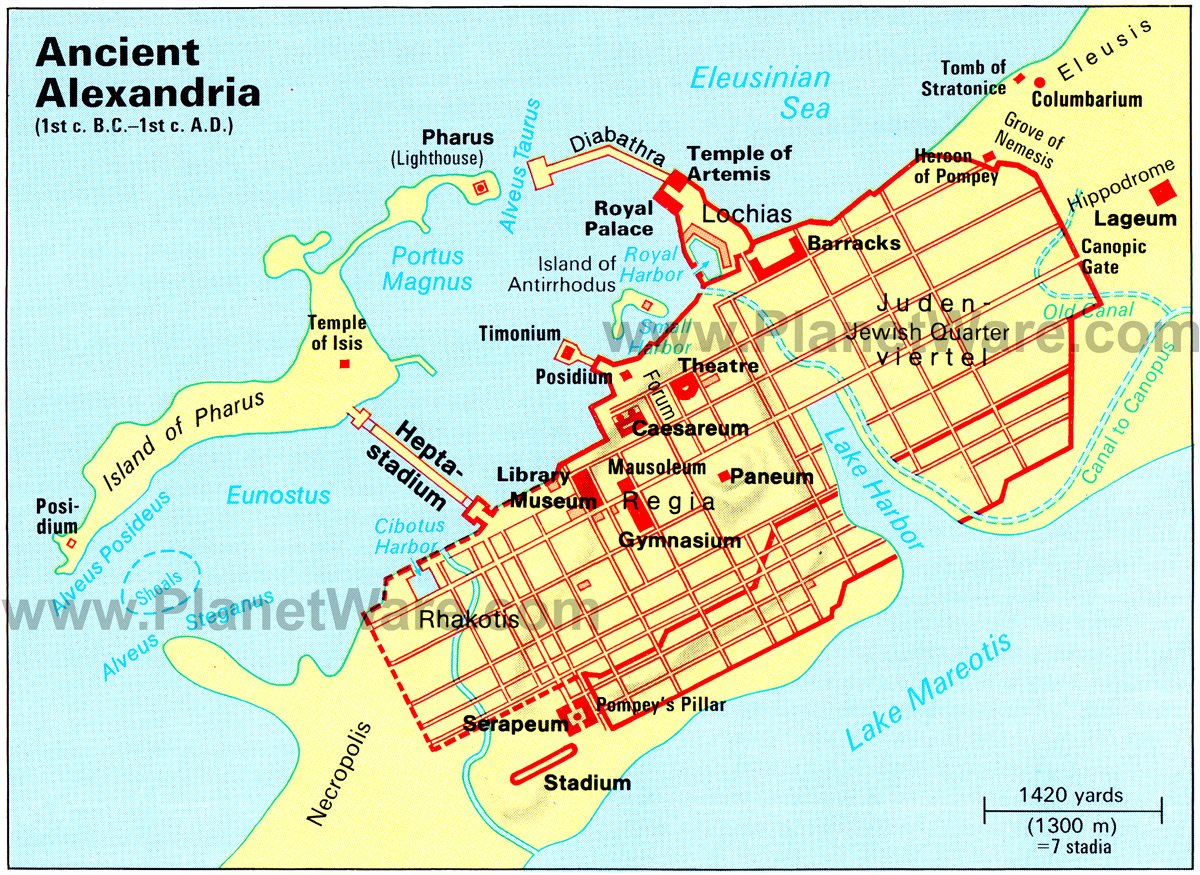Background Check:
Over the years, the church of Christ
changed. Instead of a persecuted
minority, it became the ruling majority in Europe. The church had armies and kings who would
fight in support of the church. But the
church also supported the wars Christians had with each other. Instead of looking at the words of Jesus, the
church focused on the rulers of the church as the ultimate authorities. It was these rulers who taught them the
truth, and the Bible wasn’t something anyone used in their daily Christian
lives. In fact, the Bible was not even
written in a language that most people could understand, but only in Latin, a
language only the educated knew. Instead
of preparing for the return of Jesus or listening to the Spirit, they built
huge buildings and focused on the material things of this world.
His Story:
In
the 1100s there was a wealthy businessman named Peter Waldo (his last name
could also be pronounced Valdes). He was a firm believer in Jesus and wanted to
do all he could to obey him. So he asked
a monk to translate the words of Jesus into a language Peter could
understand. The monk did so, and so the
book called Sentences was
completed. Peter studied this book day
and night, amazed at the teaching of Jesus.
After
studying the teaching of Jesus for years, Peter determined that he needed to
obey Jesus. He sold his possessions,
sold his business, provided all his resources for the poor and began to preach
the word of Jesus. Immediately, some of the leaders of the church were upset
with him. They tried to stop him from
preaching, saying that only the appointed bishops could preach God’s word. They tried to find all the copies of the Sentences and burn them. They even killed the monk who translated the Sentences for Peter.
However,
they could do nothing to stop Peter Waldo, who gathered more and more
followers. These followers were called
Waldensians. These followers were made
up of the poor and women who were taught the words of Jesus and then sent out
to preach them. The Waldensians taught
that Jesus said we are to sell our possessions and give to the poor. They taught the Sermon on the Mount. They taught that the poor are not to be
despised but accepted as brothers. They taught
that the Bible should be followed, not human authority.
WWJD
Jesus was pleased with Peter, for Peter was
acting as a true disciple of Jesus. He
sat and listened to Jesus’ words. He
obeyed these words even when it was difficult for his life. He openly spoke of Jesus’ words. He suffered persecution for Jesus. And he did what Jesus himself did: Jesus
himself selected the poor and uneducated to be preachers. In this age, there was probably no better
follower of Jesus than Peter Waldo.
The Waldensians grew from a tiny movement to
one that filled all of Europe.
Eventually, the persecution against the Waldensians became so great that
whole armies were sent out against them and thousands were killed. It was illegal to be a Waldensian all over
Europe. However, the Waldensian movement
survived and exists today in Italy. They
have since joined with the Methodist church.
A Word From Our Sponsor:
The Lord appointed
seventy and sent them in pairs ahead of Him to every city and place where He
Himself was going to come. And He was saying to them, "The harvest is
plentiful, but the laborers are few; therefore beseech the Lord of the harvest
to send out laborers into His harvest. Go; behold, I
send you out as lambs in the midst of wolves. Carry no money belt, no bag, no
shoes; and greet no one on the way. “Whatever house you
enter, first say, 'Peace be to this
house.' If a man of peace is there, your peace will rest on him; but if not, it
will return to you. Stay in that house, eating and drinking what they give you;
for the laborer is worthy of his wages. Do not keep moving from house to house
Whatever city you enter and they receive you, eat what is set before you; and
heal those in it who are sick, and say to them, 'The kingdom of God has come
near to you.' “ Luke 10:1-9
Every time the faithful saw someone in
needy, they thought about what God wanted them to do. The answer they always received was to
give. And when they gave, they were not
stingy. They gave up everything. Peter Waldo sacrificed all of his wealth and
gave it to the poor. As we shall see,
Francis of Assisi would take every cloak he received and gave it to someone who
had none. Desmond Tutu would invite
people to live with him who had no where else to go. To love God, the faithful must also love
those around them. No one can remain
faithful to God if they don’t sacrifice what they have to those in need.

















